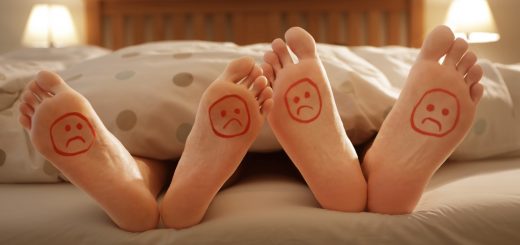Mental Health 101: Anxiety
Nowadays, we are talking more and more about mental health disorders; by talking about them, we are destigmatizing the topic and making it more acceptable to talk about the issues we face in our day-to-day lives. Taking care of your mental health is as much necessary as taking care of your physical health; it should be a 50-50 kind of deal because you might have the body of an Adonis but have crippling anxiety. This is why it is necessary to know more about mental health issues to know the kind of illness that you might suffer from. In any case, if you have the means, try talking to a therapist, whether you have a mental disorder or not, because they will be able to help you cope with any issues you may face. So, without further ado, let’s get into this blog and learn more about anxiety.
What is anxiety?
Anxiety is the feeling of unease and tends to be a normal feeling when you start a new job or move to a new place. This type of anxiety is usually unpleasant but passes quite quickly and may even be a motivator to work harder in your new job. Common anxiety, unlike anxiety disorder, is a normal feeling that comes and goes and doesn’t usually interfere with how you live or view life.
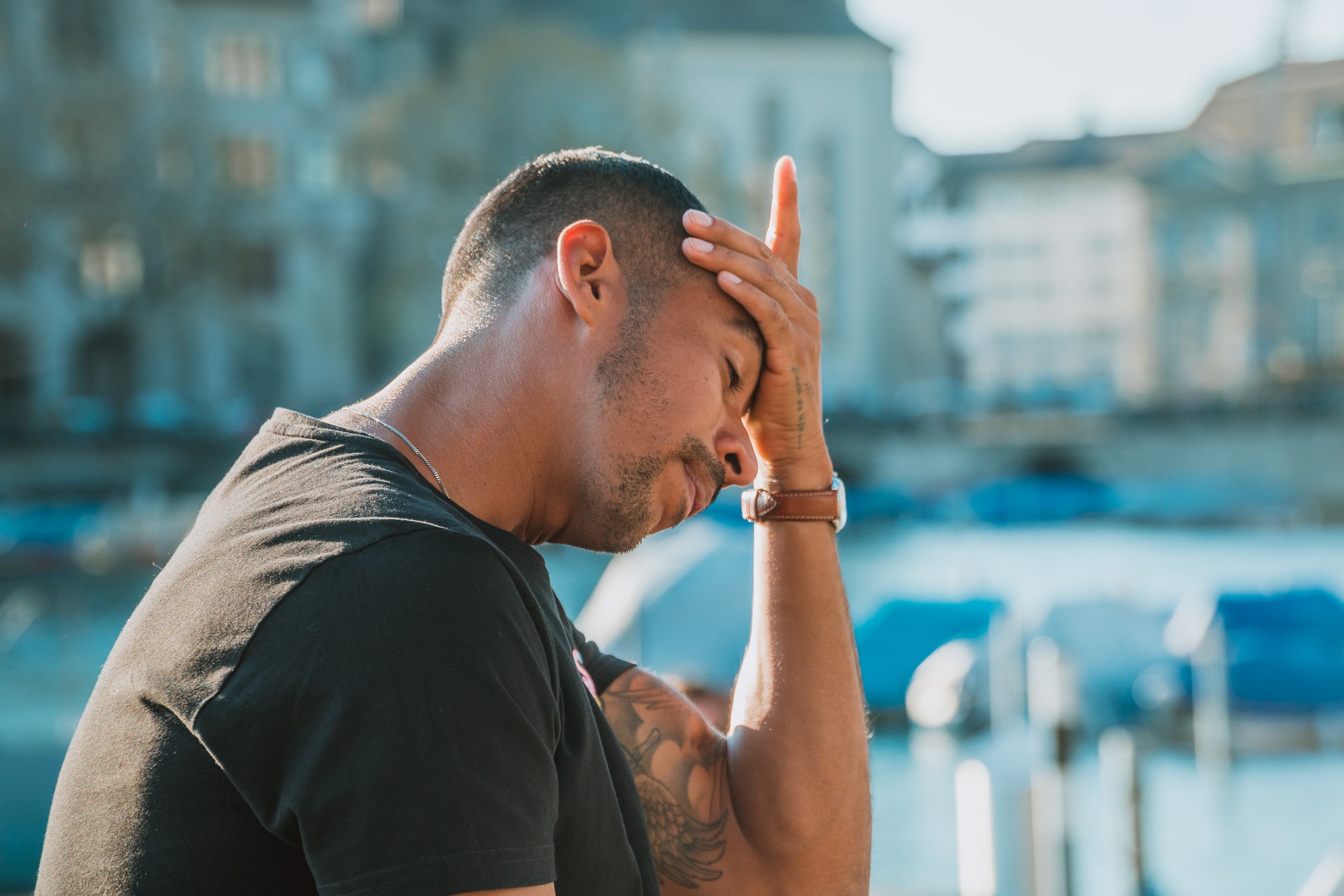
Anxiety disorder is the feeling of unease, fear, and discomfort that stays with you for an extended period of time and is often intense and can be debilitating. Unlike its common counterpart, this type of anxiety may stop you from enjoying daily life and, in the most extreme case like with agoraphobia, may even prevent you from leaving your home. About 40 million Americans suffer from anxiety disorder and it is among the most common mental illness in the country. However, only 39.6% out of these 40 million individuals receive treatment for their illnesses.
Types of Anxiety attacks:
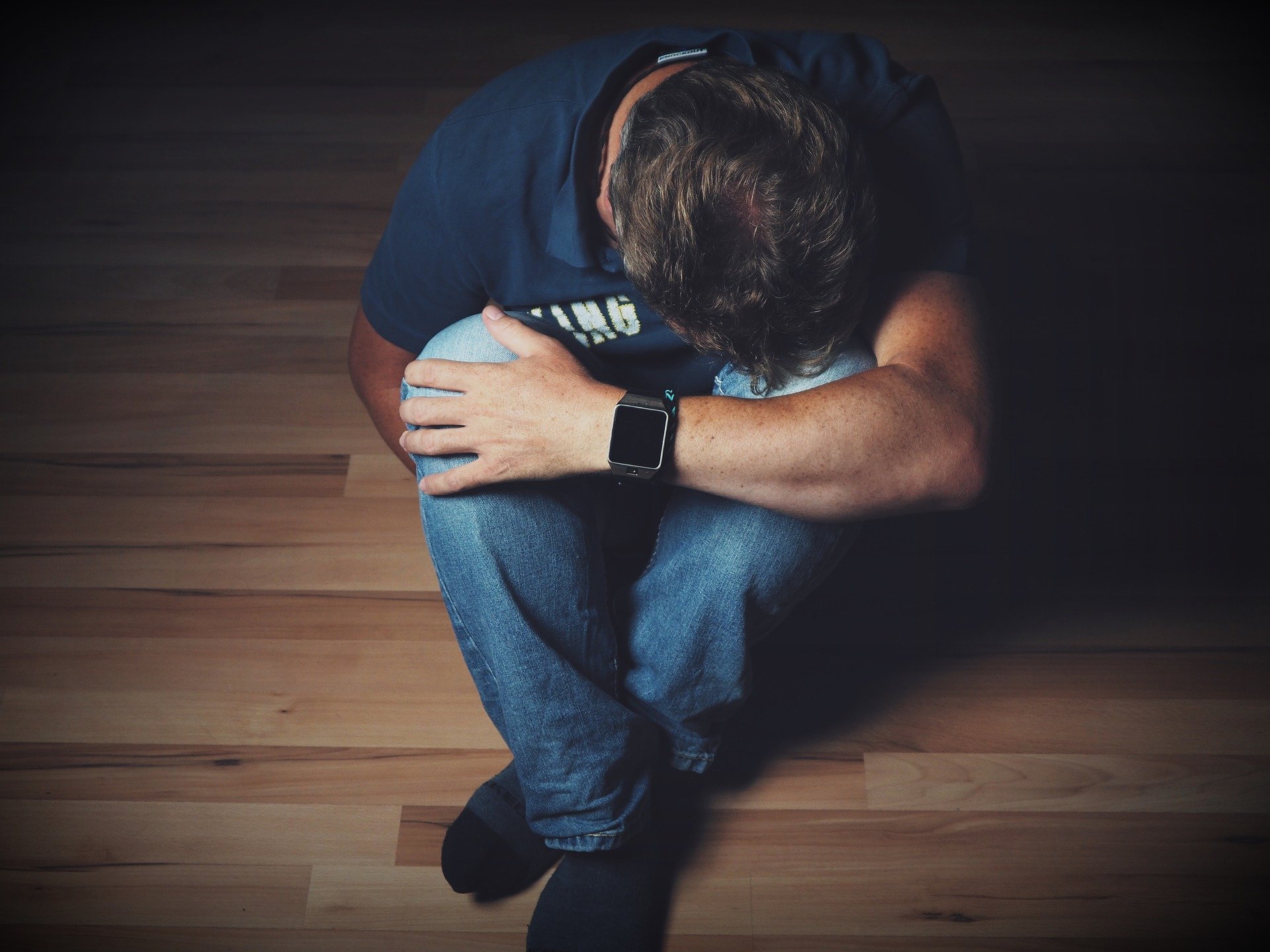
1. Agoraphobia– It is the fear of avoidance of public places, situations, or events. It often stems from the fear of being trapped in a public space in which someone might not help you or that you might have difficulties escaping. It is often misunderstood as the phobia of being outdoors or open spaces, but in reality, it is not as simple as that; an agoraphobic may be fearful of leaving their home, taking public transports, or even elevators. In the U.S, about 1 to 2.9% of people have agoraphobia. Some symptoms of this may be:
-
- Being in enclosed spaces
-
- Being in open spaces
-
- Being outside of the home alone
-
- Standing in a line or being in a crowded area (or crowd in general)
-
- Using public transportation
2. Generalized anxiety disorder– It is also known as GAD and is a chronic disorder that involves long-lasting and excessive anxiety and worries about non-issues or other nonspecific situations, objects, or life events. This is the most common form of anxiety out there, and people who suffer from it aren’t usually able to identify the cause. Some people may experience the following:
-
- Being irritable
-
- Difficulties concentrating or your mind going blank.
-
- Difficulties controlling your sense of worry
-
- Fatigue
-
- Feeling restless, on-edge, or wound-up.
-
- Insomnia- difficulties falling and/or staying asleep
3. Panic disorder– This is apprehension and/or sudden or brief attacks of intense terror, which tends to be characterized by panic disorders. These attacks usually lead to breathing difficulties, shaking, nausea, dizzy spells, and confusion. Panic attacks can last for hours and tend to occur and escalate pretty quickly and usually peak after 10 minutes. Some panic attack symptoms might be:
-
- Feelings of being out of control
-
- Feelings of impending doom
-
- Heart palpitations
-
- The sensation of shortness of breath, choking, or smothering
-
- Sweating
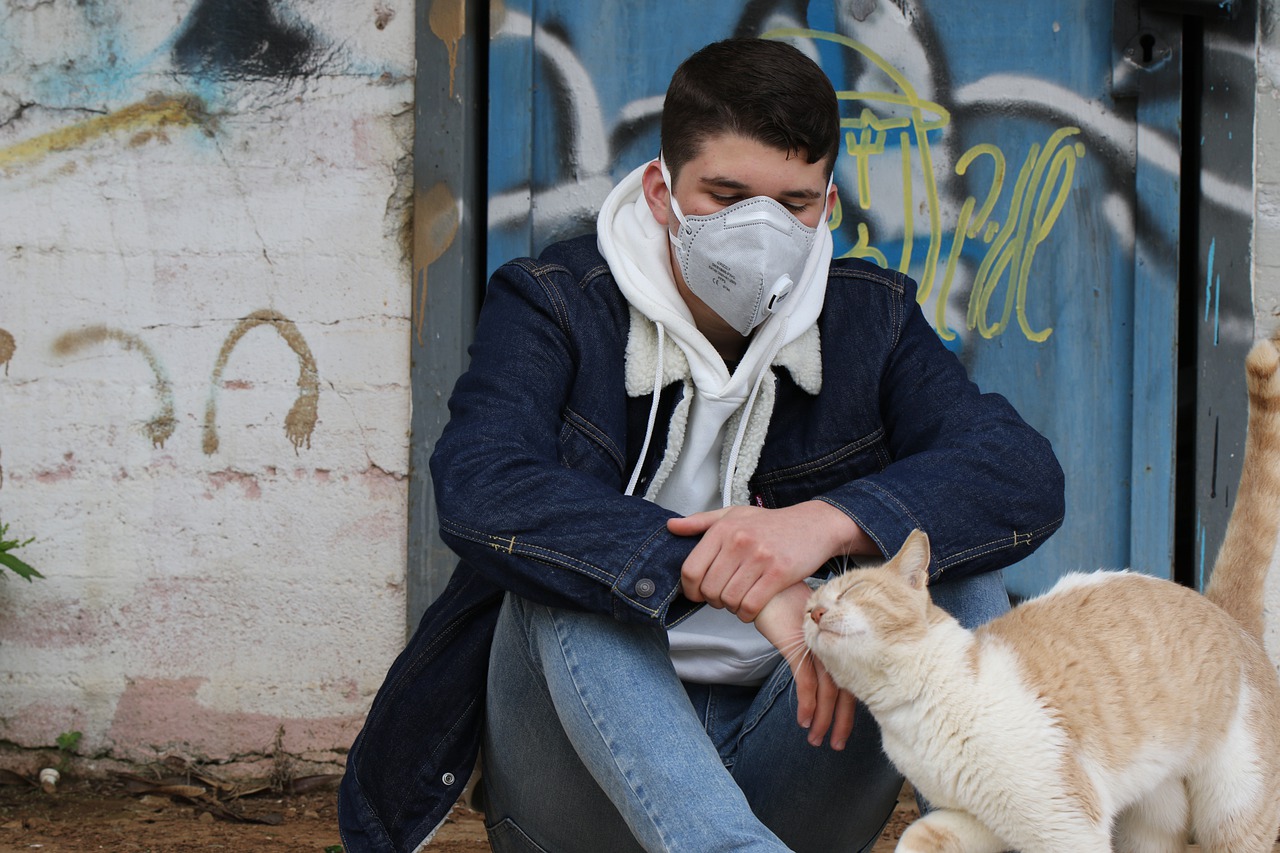
4. Selective mutism– This is a somewhat rare form of anxiety that is usually noticed among children. It typically appears before the age of 5 and is when they can’t speak certain contexts, places, or situations. These places tend to be schools or otherwise public spaces, and these kids may have excellent verbal skills among their loved ones but have an extreme fear of speaking in public and is also known as an extreme form of social phobia.
5. Separation anxiety disorder– it is usually high levels of anxiety which is caused by separation from a place or person, as its name suggests. It is an anxiety disorder that is accentuated by the fear of leaving one’s safe space.
What causes anxiety?
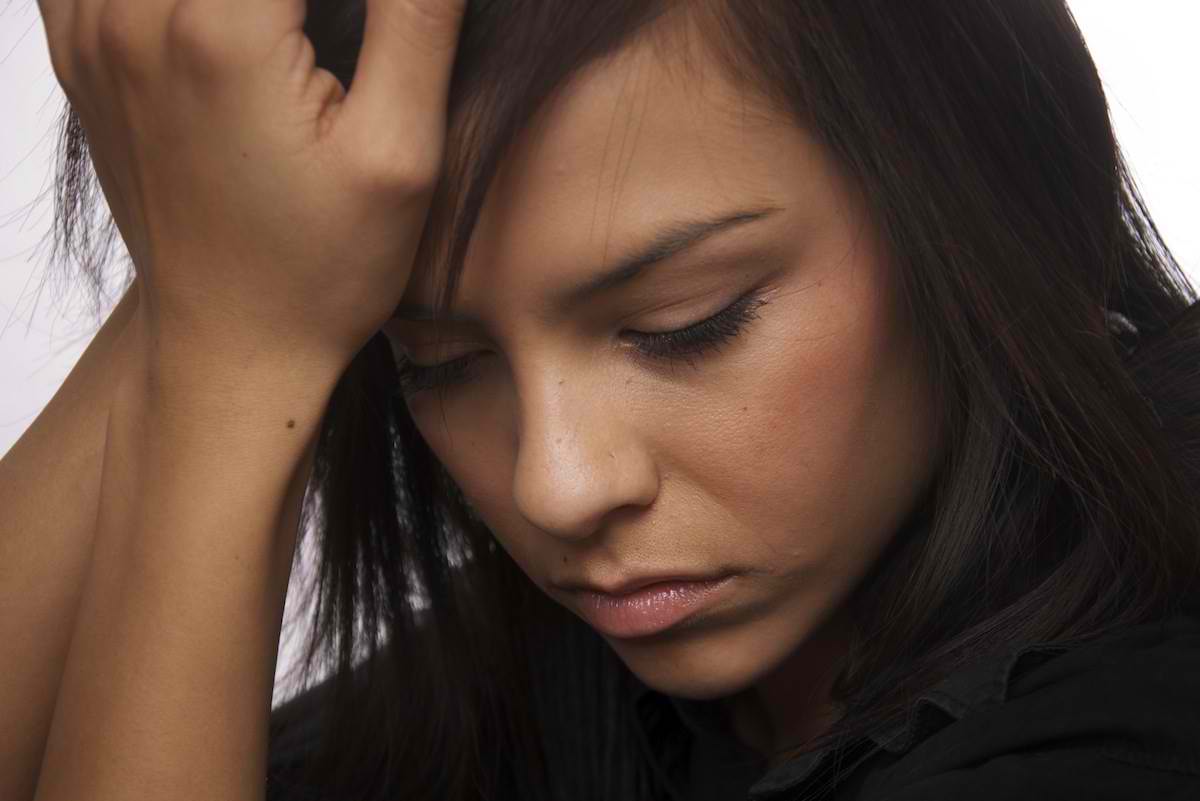
Researches haven’t pinpointed a specific cause of anxiety yet, but rather it is believed that it is caused by a combination of factors which might involve genetics, environmental factors, to even brain chemistry. Additionally, some researchers believe the area of the brain responsible for triggering our sense of fear may be impacted, which is why anxiety is usually associated with an unshakable sense of dread. Current studies on anxiety are delving deeper into the matter and are looking at specific areas of the brain that are usually involved and alert during anxiety attacks.
How is it diagnosed?
Unfortunately, there isn’t a single test out there yet to diagnose anxiety. Instead, you have to explore and undergo several tests and examinations for your mental health specialist to give you a definite yes or no. You might have an inkling but can’t never be sure unless it is properly diagnosed. Its diagnosis is a lengthy process that may entail mental evaluations, psychological questionnaires, and even physical examinations. So the doctor will even conduct urine and blood test to rule out any other underlying medical condition that may be causing symptoms similar to anxiety disorder.
What are the treatments?

Once your doctor has diagnosed your anxiety, they will be able to guide you, and you’ll explore possible treatments together. Some people don’t need drugs to get better, but instead, they just need to make some changes in their lifestyle to get into a better headspace and to be able to cope with these symptoms. However, medication is a must for people who suffer from anxiety disorder to lead a more manageable life in severe or moderate cases. There are two categories of treatment for anxiety: medication and psychotherapy. Your mental health professional will devise the best plan of action to treat your anxiety. Typical medication to treat anxiety are usually sedatives and antidepressants, which will balance your brain chemistry, and this will prevent any future anxiety episode and may ward off the more severe symptoms
Sound off in the comments section below and tell us if you want to read more on other mental illnesses.



